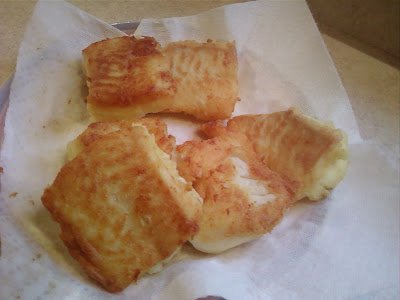
Taking Tiger Mountain (by strategy)
The first time I heard Eno’s second solo album was when I was about 15 years old.
It was recommended to me by an older sibling who intrigued me with talk of this English conjurer who was too busy to be in a band, and strove for a higher form of aural expression. Eno was more interested in treatments of sound, and playing his tapes in order to experiment with pitch, timbre, and effects.
Tipped off that this album could be taken out at the town library of all places, I hopped on my 10 speed bike, library card in hand. I could tell right away that this was going to be a demanding journey (the album, not the bike ride). The record jacket itself was daunting, with it’s mosaic depictions of our hero in varying sizes and clarity. It turned out that the cover art was a metaphor for the ingredients inside. This music is very much a mosaic. Some of it very big, some of it very small. Songs appear that strike you right away, while other tracks insist that you explore them, too distorted to even make an initial impact.
Luckily, I was up for the challenge. One of the first things I picked up on was the element of whimsy. With an opening track titled “Burning Airlines Give You So Much More”, this was going to be either a terrorist manifesto, or groovy tongue-in-cheek beat poetry. Fortunately, the latter won out. I would later discover that Eno’s lyrical approach was basically him riffing random syllables on top of his backing track over and over to himself. Once he hit on a combination that complimented the music, he plugged in words that most closely matched those syllables.
The comedic elements don’t end there. Over the course of this LP we are confounded by all sorts of random sounds. Typewriters, whistling, goat-bleating sax riffs, blatantly spooky keyboard sounds, drums and other instruments intentionally recorded to sound like toys, and guitar solos that have been severely manipulated with pitch control and other types of “Enossification”.
Underneath it all though, is a very complex beauty. The basic tracks anchor the whole statement. They are extraordinary in their musicality. The backing vocals seem to emulate Gregorian Chant, but in a much higher octave. Today, we would refer to them as “soundscapes”. Eno was on the precipice of defining an actual approach toward music that had never been explored before. This would eventually be coined by him as “Ambient”. Music that exists in the background, at a volume level so low as to not call any attention to itself. The very beginnings of this approach can be found here, buried under all the mischievous overdubs and off-kilter dark lyrical themes. Eno was soon to discover that by peeling everything away, an entirely new musical language was available.





